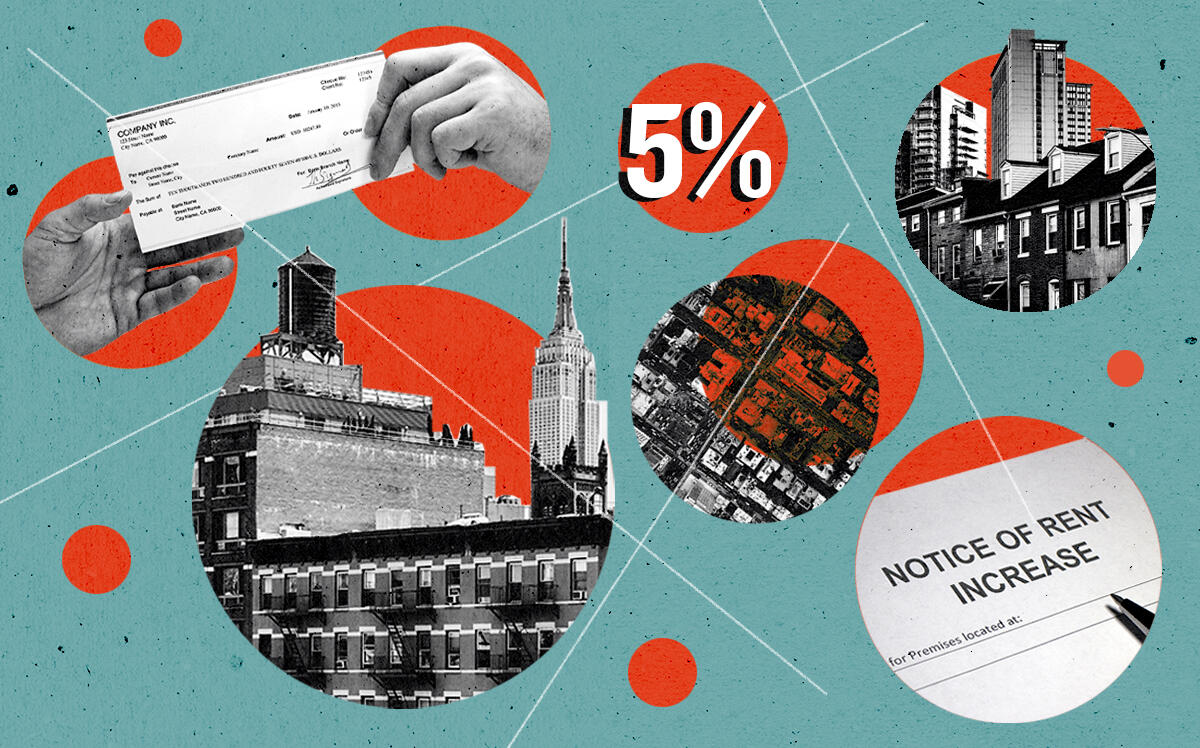A landlord can dream, right?
After a year of rent freezes, owners are calling for an increase of up to 5 percent on rent-stabilized apartments across the city.
Landlords testified at the Rent Guidelines Board’s Thursday meeting that the hike was needed after years of minuscule increases that have not kept up with inflation, utility costs and property taxes.
The Rent Stabilization Association, which represents 25,000 landlords, requested an increase of between 2 and 4 percent on one-year leases and 3 to 5 percent on two-year leases.
“A rent-guideline increase of no less than 2 percent would help reverse a seven-year trend in which the RGB’s past rent adjustments – including last year’s and two previous rent freezes – have deliberately ignored the board’s own research data that pointed to necessary rent increases,” Vito Signorile, RSA Vice President of Communications, said in a statement.
The Real Estate Board of New York meanwhile recommended a minimum increase of 3.9 percent on one-year leases.
After last year’s rent freeze, the continuing pandemic and eviction moratoriums, any increase would be something of a victory for landlords. The freeze was the third during Mayor Bill de Blasio’s term.
Read more


Chinatown landlord Justin Fong testified that his family’s 100-year-old property has drained him of “everything and then some” since the onset of the pandemic. Fong said all his personal earnings as an electrician and day laborer are plowed back into his money-losing property.
Costs of electricity, water, natural gas and heating oil have risen for landlords since the pandemic led more people to stay home.
Lincoln Eccles, who owns a rent-stabilized building in Crown Heights, said electricity and water bills eat up 60 percent of his gross revenue. He estimates it will cost $70,000 to replace a recently broken boiler; about $30 sits in the building’s bank account, Eccles said.
The landlords said they are increasingly vulnerable to opportunistic buyers who intend to sit on the property, gut-renovate, and then hike rents to market-rate. Such a renovation is one of the few ways to get a building out of rent stabilization.
“The time for putting a Band-Aid on the housing crisis is over,” said Chris Athineos, a Bay Ridge landlord with 150 tenants. Preserving affordable housing means preserving old buildings, and that is not cheap, said Athineos, who said he was “begging” the city for a reasonable rent increase.
